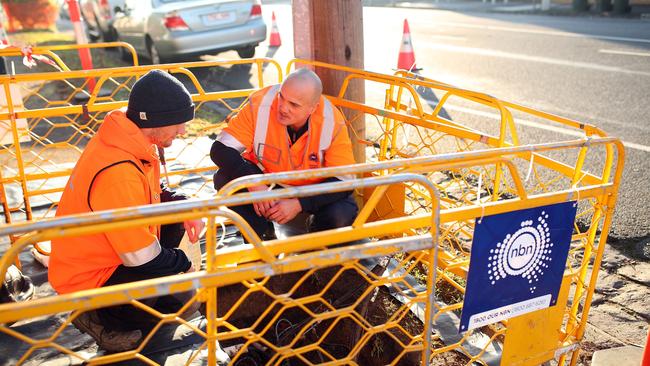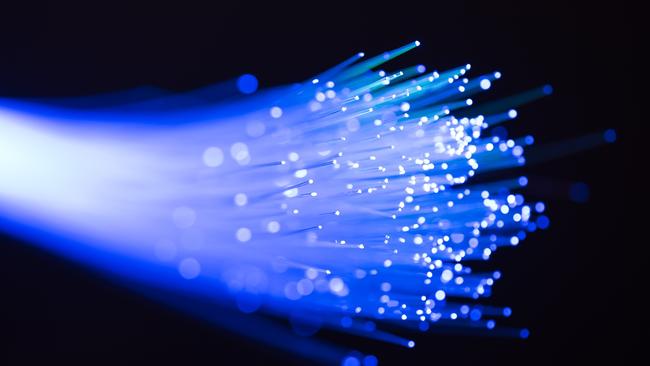ACCC-ranked broadband speeds show cost isn’t everything
New ACCC speed rankings for broadband providers has shown that size isn’t everything when it comes to grabbing the best value for money on home internet plans.

Saver HQ
Don't miss out on the headlines from Saver HQ. Followed categories will be added to My News.
Broadband speeds are improving and consumers don’t have to spend big bucks to rev up their internet.
Optus had the highest average speeds over the past three months and was also the best performer during the busy evening periods, according to a new report by the Australian Competition and Consumer Commission.
Most major internet providers have been faster in recent months thanks to network optimisation and more bandwidth for the National Broadband Network, and the ACCC says entry level NBN plans are now 40 per cent faster than ADSL services.
Telecommunications comparison website WhistleOut.com.au says entry-level NBN plans cost $60-$70 a month, while ADSL plans are $55-$80 including phone line costs.

Popular NBN 50 plans cost $60-$80 a month, and NBN premium plans cost $85-$100.
WhistleOut spokesman Joe Hanlon said it was great to see some cheaper, no-frills providers such as TPG and Exetel near the top of the ACCC’s speed lists.
“It really shows that you don’t have to pay top dollar to get a fast internet plan you can rely on,” he said.
NBN connections grew 36 per cent last year to 6.4 million homes and business premises, and another 4.1 million premises are ready to connect.
Mr Hanlon said the improving speeds should give consumers confidence about switching to the NBN.
“Now that most of the kinks have been worked out and the NBN as a service is humming along, it is a great time to start shopping around for a great internet deal,” he said.
Consumers should always check if there were set-up fees and look for plans with unlimited data, Mr Hanlon said.
And don’t be afraid to try smaller providers, he said, with WhistleOut liking brands such as Superloop and Tangerine that were not measured by the ACCC speed tests but were still fast and cheap.
“A lot of smaller providers have no contract terms attached to their plans,” Mr Hanlon said.
“Even if you don’t recognise the brand name there’s actually little risk signing up with them – if you are not happy with the service, move on.”
Research group Telsyte’s managing director, Foad Fadaghi, said he had noticed rising demand for fast NBN connections “and many people have taken up the higher-speed options given the explosion of devices in their households”.
“With four people in a home watching four different things it needs to have a fast connection,” he said.

Mr Fadaghi said the average home now had 19 connected devices and this was tipped to grow beyond 30 within a few years as smart appliances multiplied.
He said people were expecting to pay more for speed.
“The promise that prices will go lower is probably unlikely,” Mr Fadaghi said.
The ACCC is running an ongoing inquiry into whether basic NBN products are at fair and affordable prices.
SPEED RANKINGS
1. Optus
2. TPG
3. Exetel
4. Aussie Broadband
5. Telstra
6. iiNet
7. Dodo/iPrimus
Source: ACCC
AVERAGE DOWNLOAD SPEEDS
(during busy evening hours)
NBN 100 plans 84.9 megabits per second
NBN 50 plans 42.4Mbps
NBN 25 plans 22.2Mbps
NBN 12 plans 10.8Mbps
ADSL plans 7.7Mbps
Source: ACCC
Originally published as ACCC-ranked broadband speeds show cost isn’t everything
